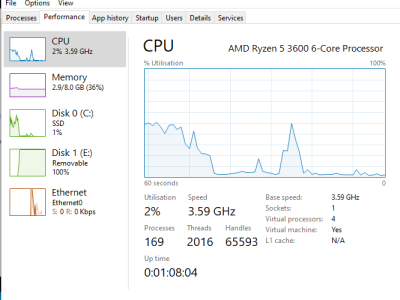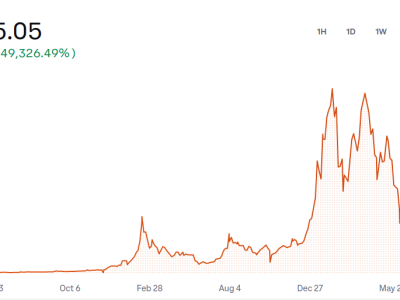The year 2020 ended with some shocking news concerning the CentOS project: CentOS will no longer be a RHEL (Red Hat Enterprise Linux) clone and will instead focus on CentOS Stream, a Linux distribution with rolling updates (kind of similar to openSUSE Tumbleweed).
CentOS 8, which is a rebuilt distribution of the commercial RHEL 8, will be available until the end of 2021. The best option, according to the CentOS announcement, is to migrate from CentOS 8 to CentOS Stream when this happens.
CentOS 7, based on RHEL 7 and still widely used, will be maintained until the end of the RHEL 7 life cycle – which means until June 30th 2024.
This major change forces CentOS users to make a difficult decision: Migrate to CentOS Stream but (possibly) run into frequent upgrading issues? Migrate to RHEL but open the wallets? Migrate to another LTS Linux?
The reason why users chose CentOS in the first place, was the extremely long lasting support of packages. Even though the CentOS packages are lacking new features from the upstream project, they are still maintained and receive important fixes, mostly security related. Another very important reason is obvious: CentOS is free. And yet another reason: CentOS may be used in a developer environment where RHEL is used in a production environment.
Scenario: Migration from CentOS to RHEL
This scenario is obviously going to cost something. Depending on the amount of CentOS systems you are running, that could become very costly.
However Red Hat just announced an updated Red Hat Developer program. With this individual developer subscription it will be allowed to use up to 16 machines running RHEL for free, including updates. But this won't be enough for companies running dozens if not hundreds of machines with CentOS.
Scenario: Migration from CentOS to CentOS Stream
If the name CentOS has been something you've deeply cared about, you might want to stick with CentOS. Maybe it's just the branch name, being used to it, which keeps you using CentOS. Why not migrate to CentOS Stream then? The rolling upgrades, including newer Linux Kernels and major software versions, doesn't have to be something bad. Instead it could be taken as a chance to introduce new features quicker than before.
However if your application (or device) is depending on very specific versions, this scenario probably isn't for you.
Scenario: Migration from CentOS to another LTS Linux
Of course there are other Linux distributions with Long Term Support available. Here's a quick overview of the best known (and most used) ones:
| Distribution | Version | Standard LTS End | Extended LTS End |
| Debian | 9 (Stretch) | June 2022 | 2024 |
| Debian | 10 (Buster) | June 2024 | 2026 |
| Ubuntu | 18.04 (Bionic) | April 2023 | April 2028 |
| Ubuntu | 20.04 (Focal) | April 2025 | April 2030 |
| RHEL | 7 | June 2024 | TBA (probably 2028) |
| RHEL | 8 | May 2029 | TBA (probably 2032) |
| SLES | 12 | Oct 2024 | Oct 2027 |
| SLES | 15 | Jul 2028 | Jul 2031 |
Check out our updated list of Linux distributions with LTS Support.
If CentOS was chosen to be a RPM-based Linux distribution, the migration path probably leads towards RHEL or SLES (SuSE Linux Enterprise Server). However both require a commercial subscription.
If CentOS was chosen because it was free, the Debian and Ubuntu distributions offer an excellent (free) long term support. Since Debian 7 there is even an extended LTS available (provided by Freexian). However this will require CentOS administrators to get used to a different system with deb-based packages and different directory structures.












[…] end of CentOS was announced in December 2020. CentOS 7 will be continued until the end of life (see table above), CentOS 8 will […]